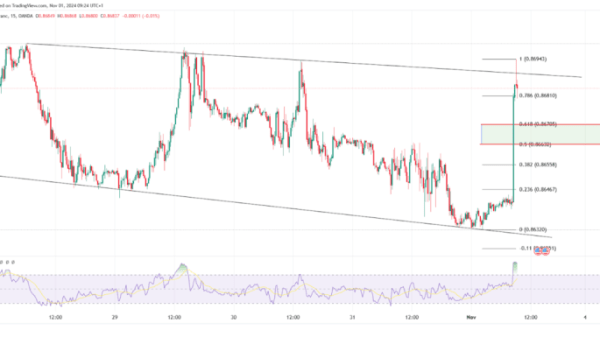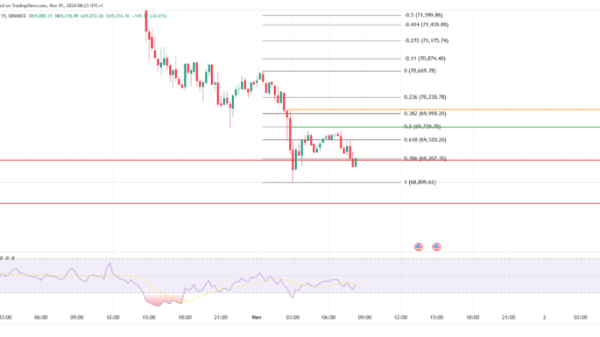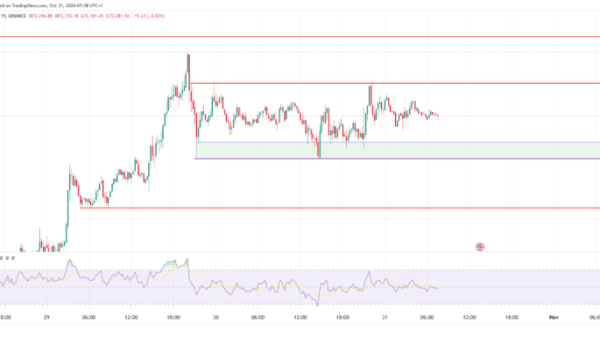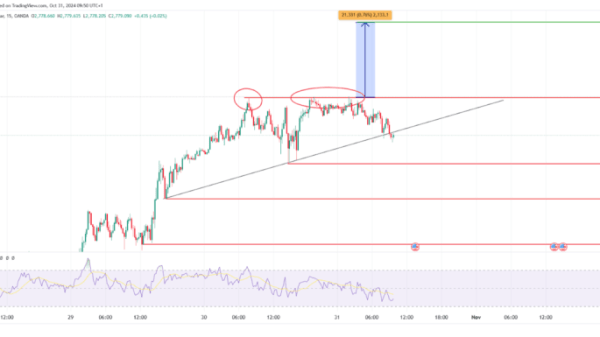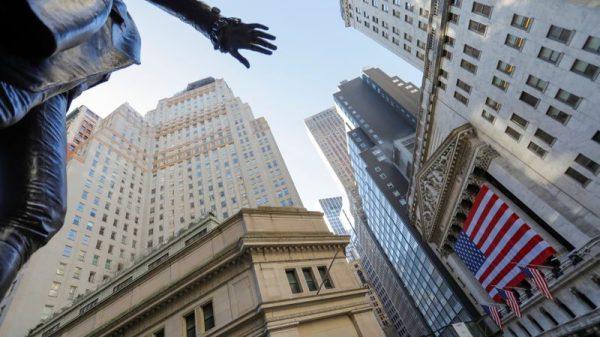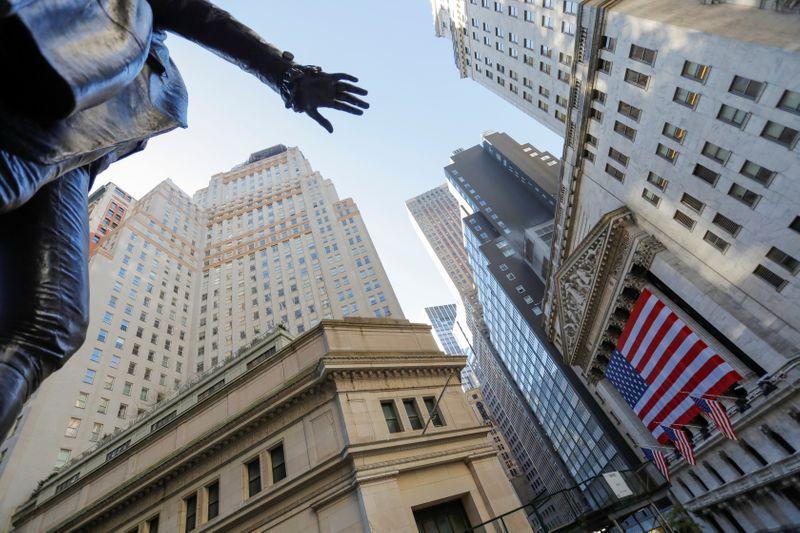Investing.com — With investors anxiously awaiting the US election day on Tuesday, Deutsche Bank delved into how markets have previously responded to presidential elections since 2000.
According to the bank, the reactions varied significantly. Of the six elections since 2000, the S&P 500 index moved higher in three cases by the end of November and was down in the other three. The 10-year Treasury yield was down in four and up in two.
2020: Biden vs. Trump: The 2020 election unfolded with initial uncertainty as President Trump outperformed forecasts, creating a tighter-than-expected race.
Despite this, markets rallied as it became clear Biden would win, fueled by hopes for a divided government that could limit regulatory and tax changes.
This sentiment was further boosted by Pfizer’s announcement of a highly effective COVID-19 vaccine soon after Election Day, which reinforced market optimism and lifted risk assets.
2016: Trump vs. Clinton: The 2016 election saw one of the most surprising outcomes as Donald Trump defied polling expectations.
Markets swiftly reacted to the prospect of Republican control over both the presidency and Congress. The 10-year Treasury yield rose 20 basis points the day after the election and continued climbing, driven by expectations of fiscal stimulus, culminating in the Tax Cuts and Jobs Act of 2017.
The S&P 500 also surged, reflecting investor optimism about potential policy shifts.
2012: Obama vs. Romney: Obama’s re-election brought a risk-off reaction, influenced by the looming “fiscal cliff”—automatic tax hikes and spending cuts set for early 2013.
The S&P 500 declined 2.4% the day after the election and a further 1.2% on the second day.
Concerns over U.S. fiscal policy compounded with uncertainties surrounding Greece’s bailout negotiations, leading to widened European sovereign bond spreads and negative global sentiment.
“Given the uncertainty, sovereign bond spreads widened across the continent in response, and the gap of Italian 10-year yields over bunds widened +7bps the day after the election, and another +13bps the day after that,” Deutsche Bank noted.
“So the moves in Europe were also dampening global sentiment after the election too.”
2008: Obama vs. McCain: Obama’s victory in 2008 was largely expected and had little direct impact on markets. However, the election took place amid the Global Financial Crisis, with markets already under severe strain.
The S&P 500 fell 5.3% the day after the election and another 5.0% the following day, driven by worse-than-expected economic indicators such as a significant contraction in ADP employment figures and a weak ISM services index. The broader market context remained grim following Lehman Brothers’ collapse in September and aggressive rate cuts by the Federal Reserve.
2004: Bush vs. Kerry: Markets responded positively to the re-election of President George W. Bush in 2004, interpreting it as a signal of policy continuity.
The S&P 500 rose 1.1% on the day after the election and another 1.6% the next day, Deutsche Bank highlights. The rally was further bolstered by stronger-than-expected economic data, including an ISM non-manufacturing index reading of 59.8 and better-than-forecast initial jobless claims.
2000: Bush vs. Gore: The 2000 election was marked by uncertainty as the result hinged on Florida’s tight vote count, leading to weeks of legal battles. This prolonged ambiguity triggered a clear risk-off reaction.
The S&P 500 dropped 1.6% the day after the election and continued falling, posting an 8% decline for November—the worst monthly performance of the year. Investors sought safety in U.S. Treasuries, with the 10-year yield falling from 5.86% on Election Day to 5.26% by the time Gore conceded in mid-December.

